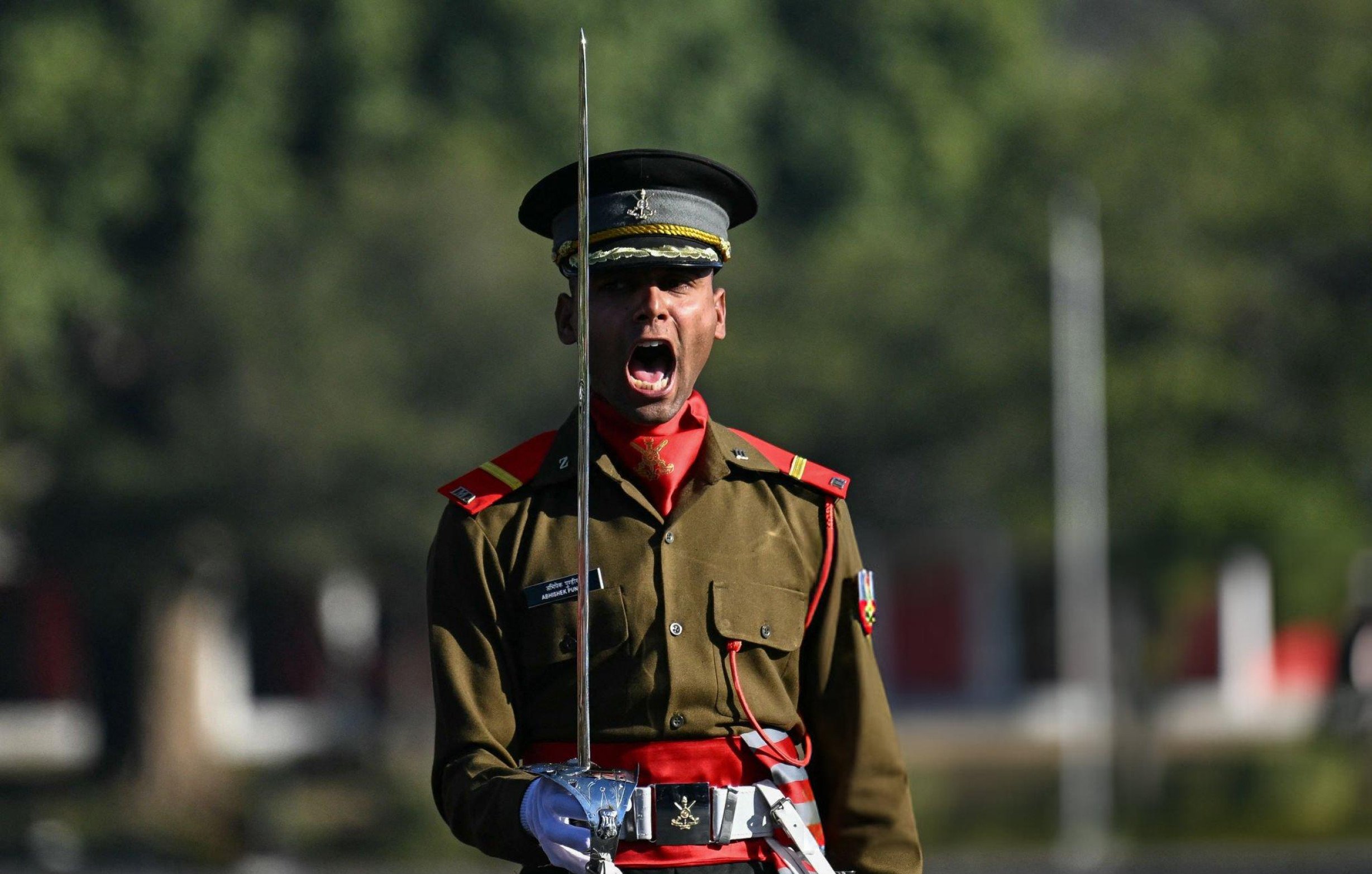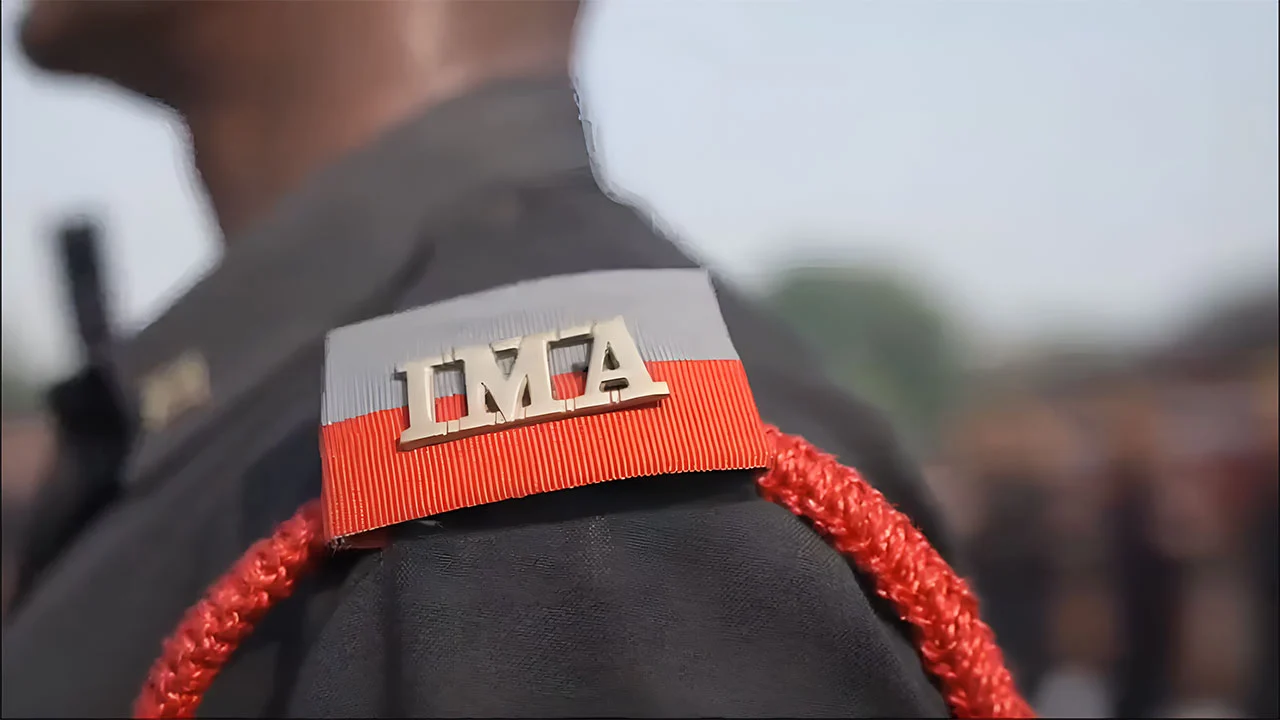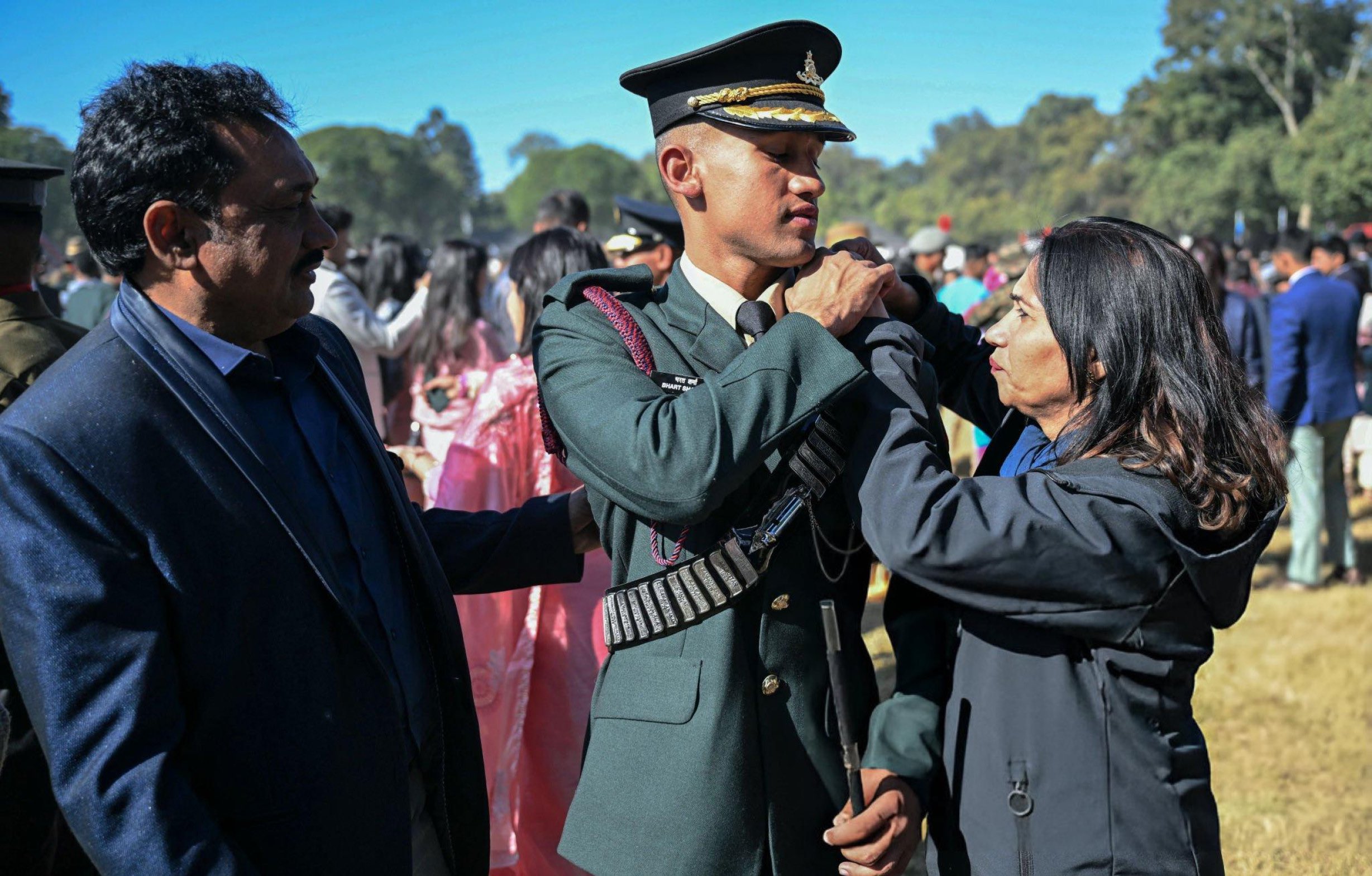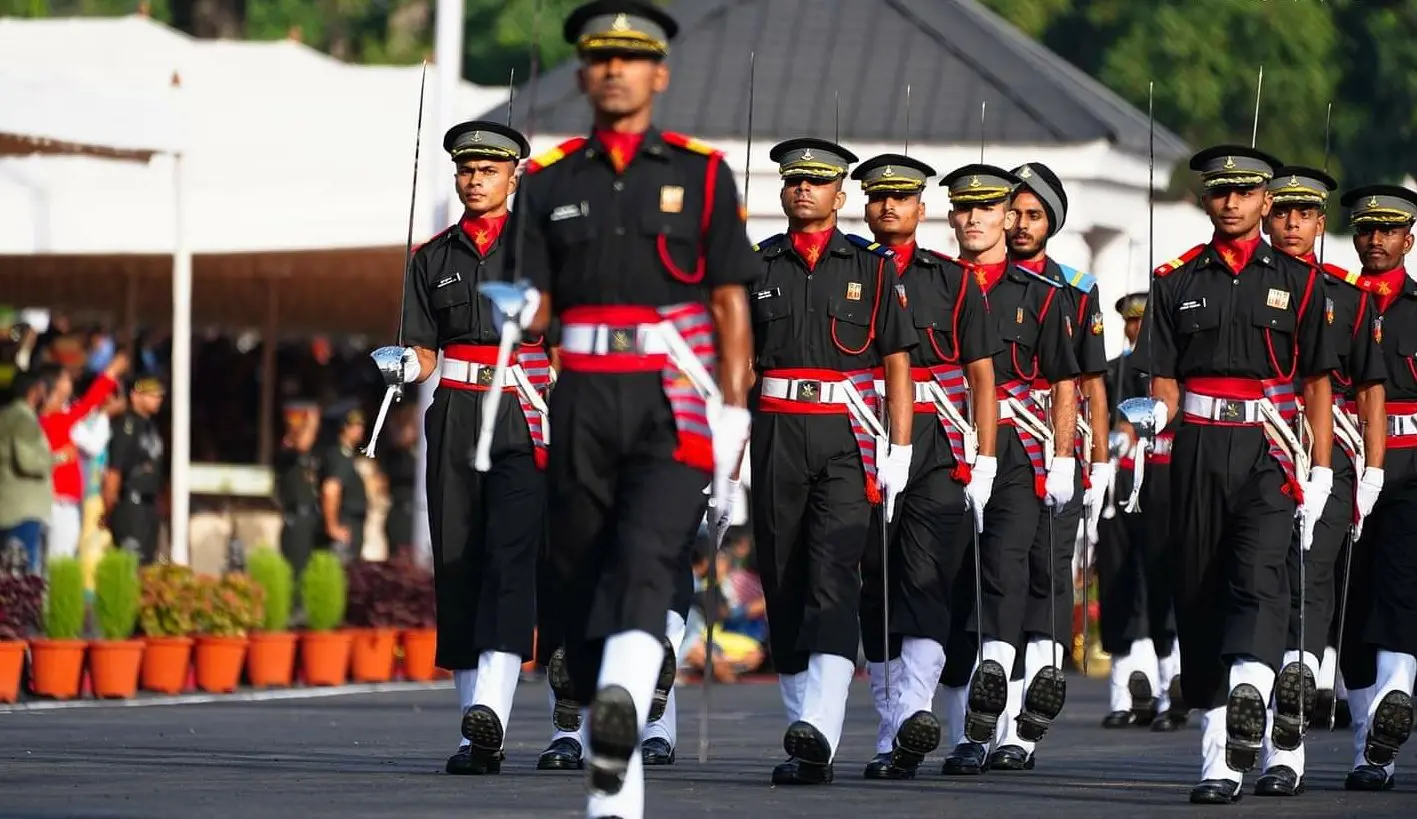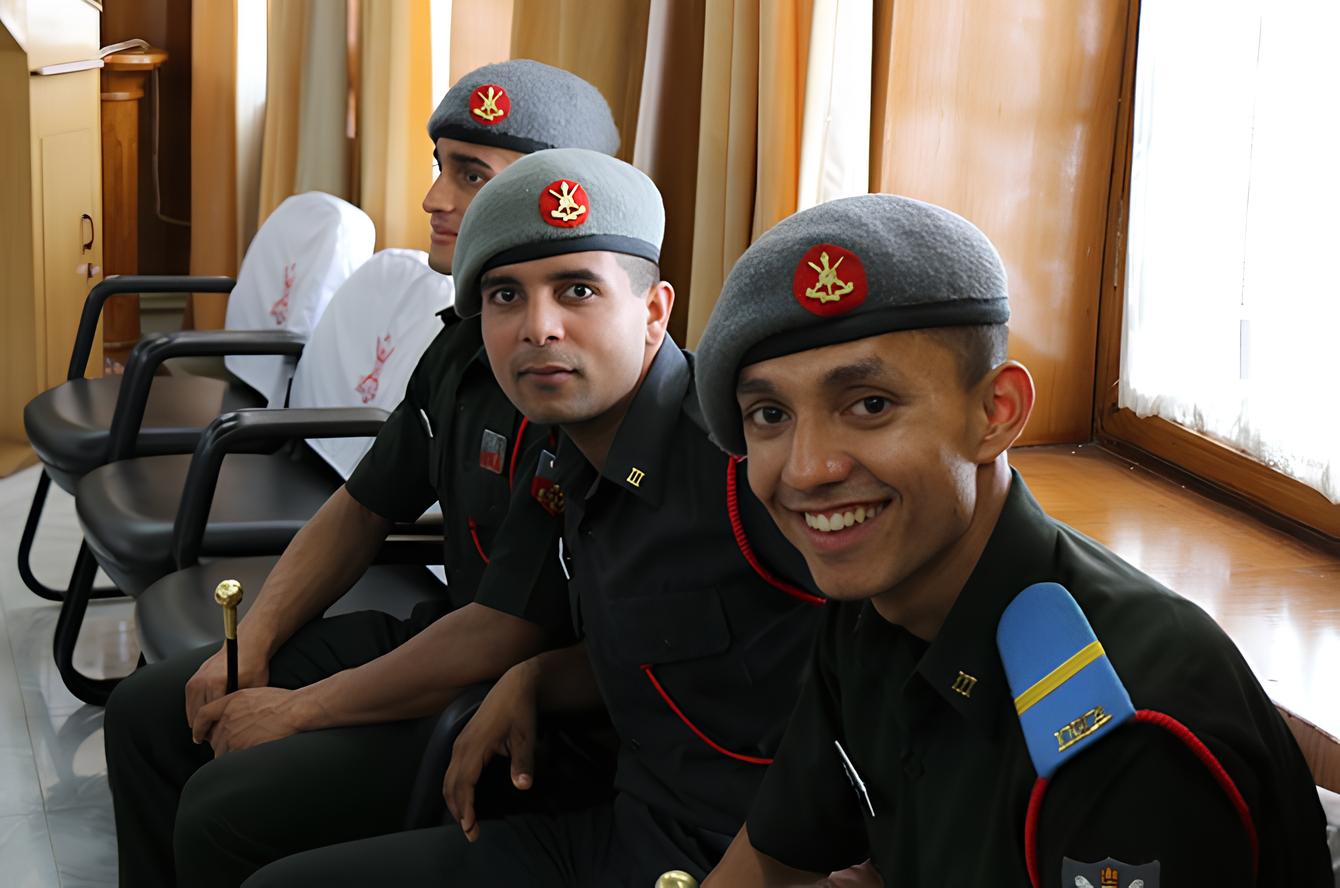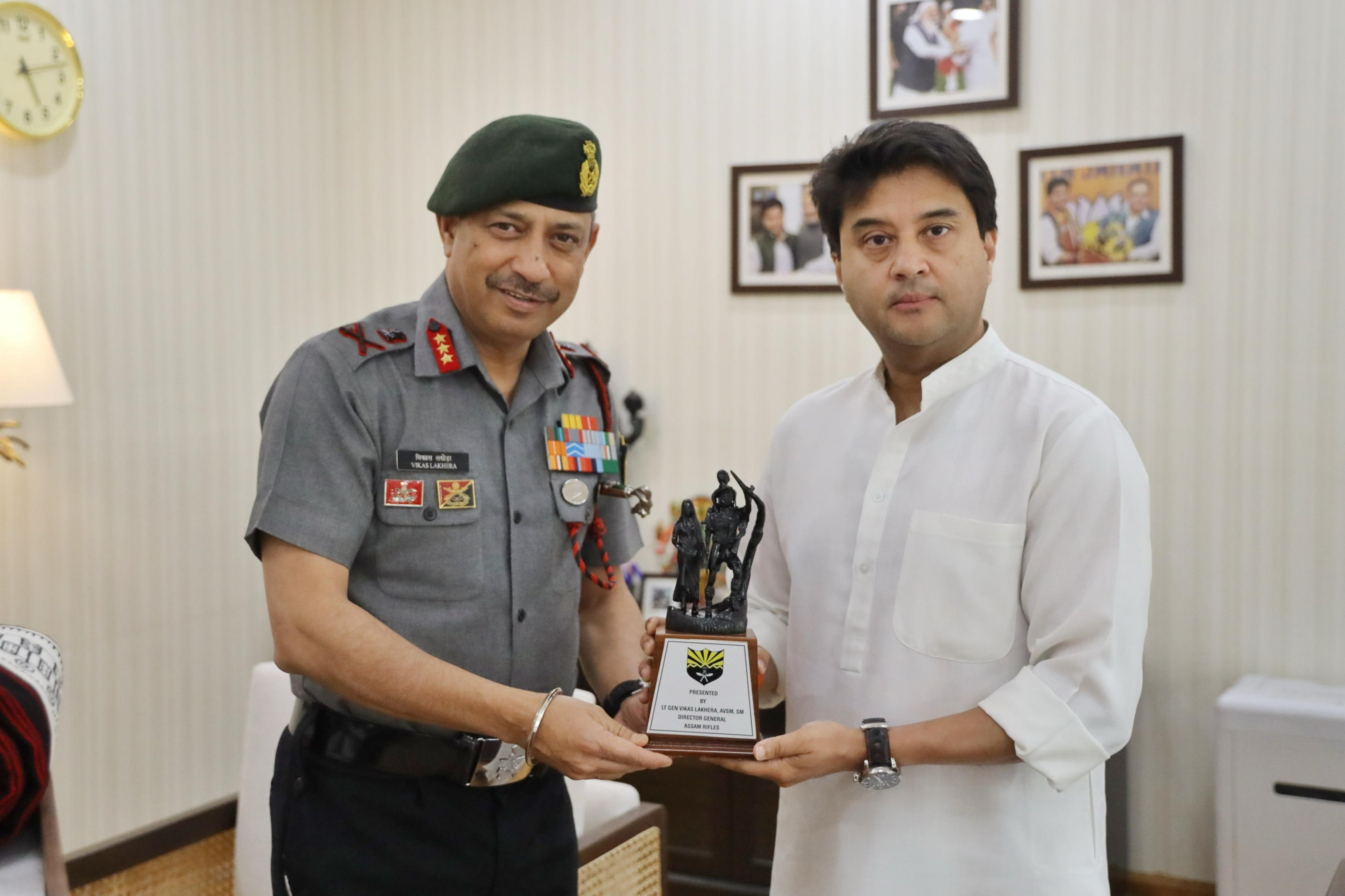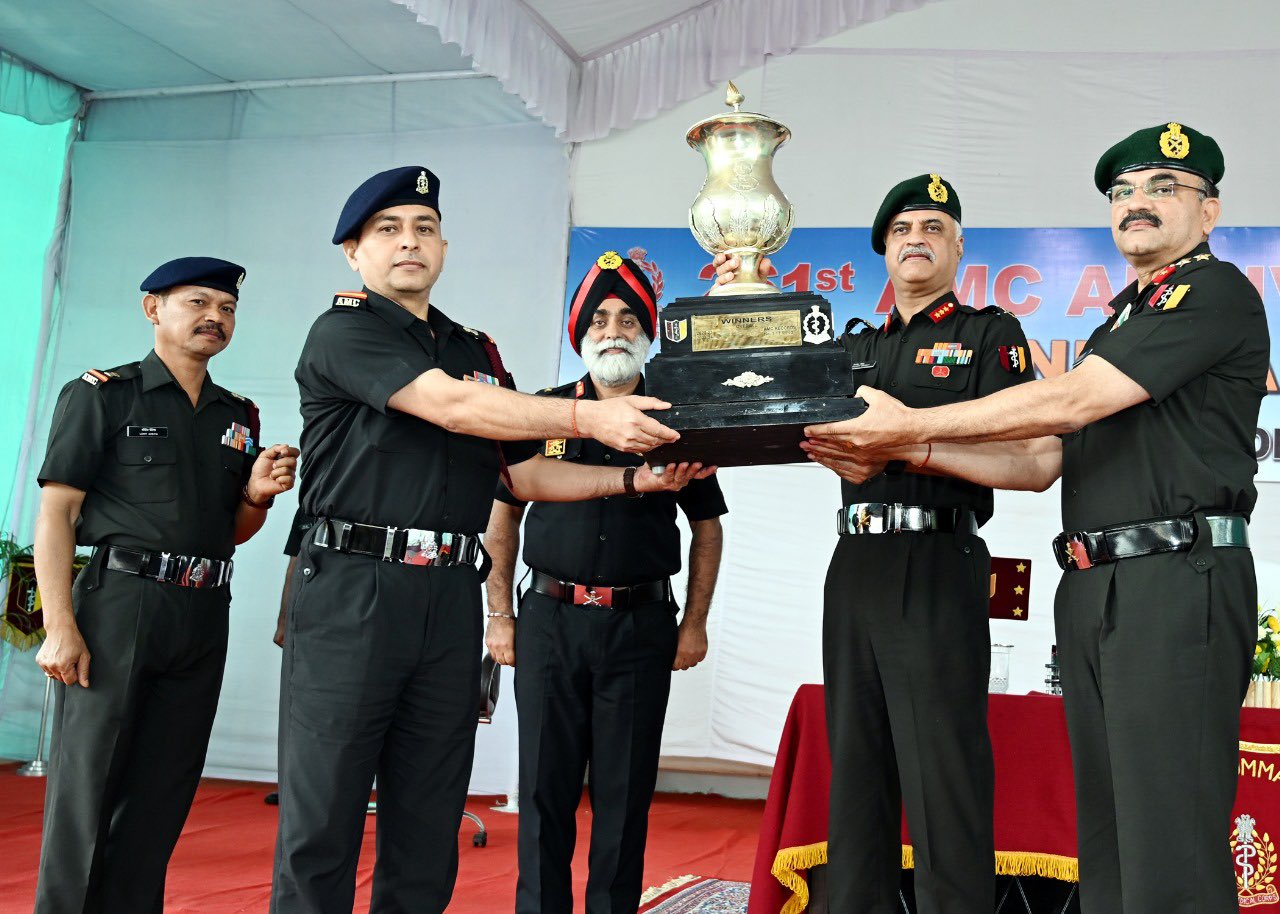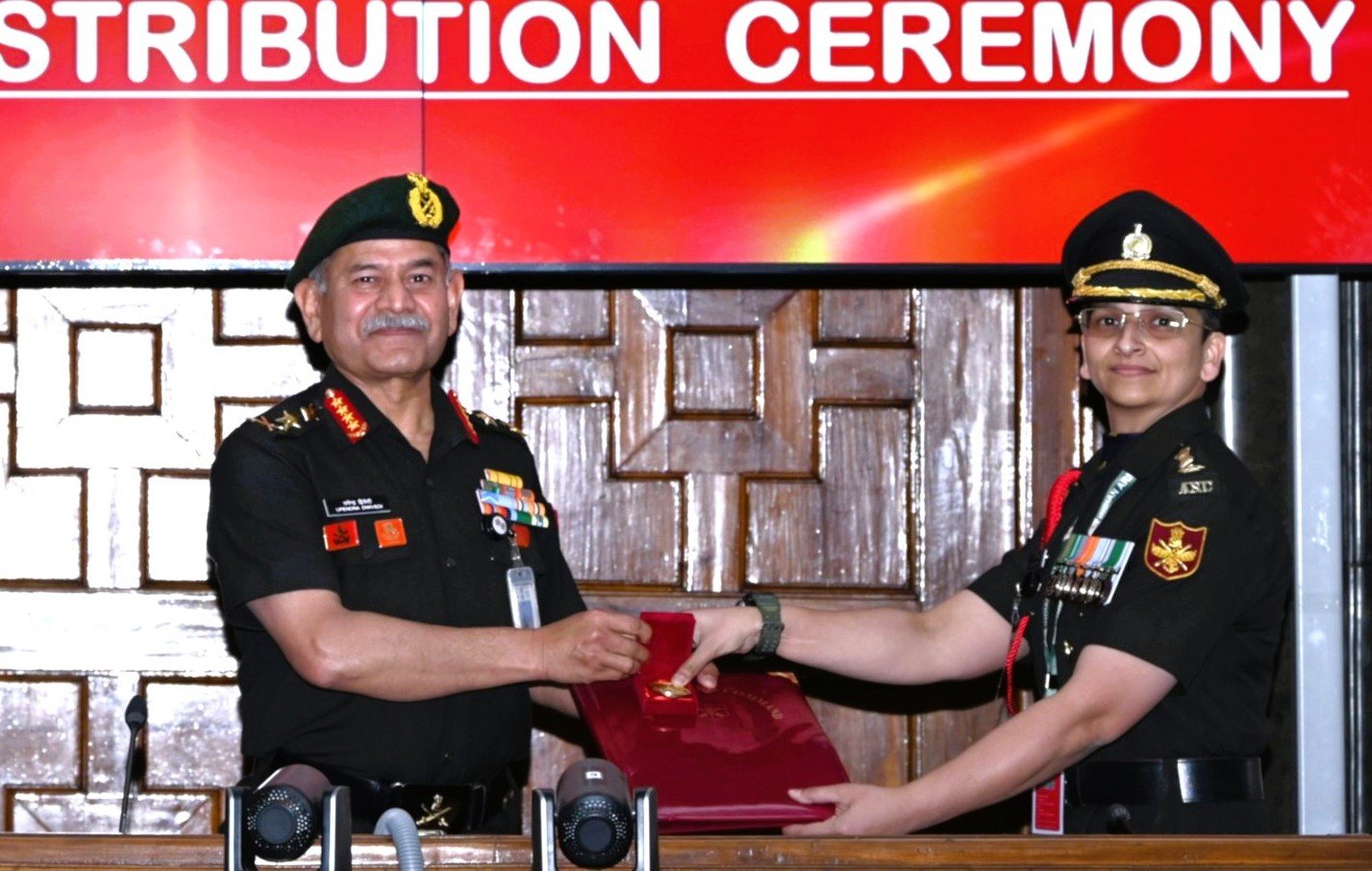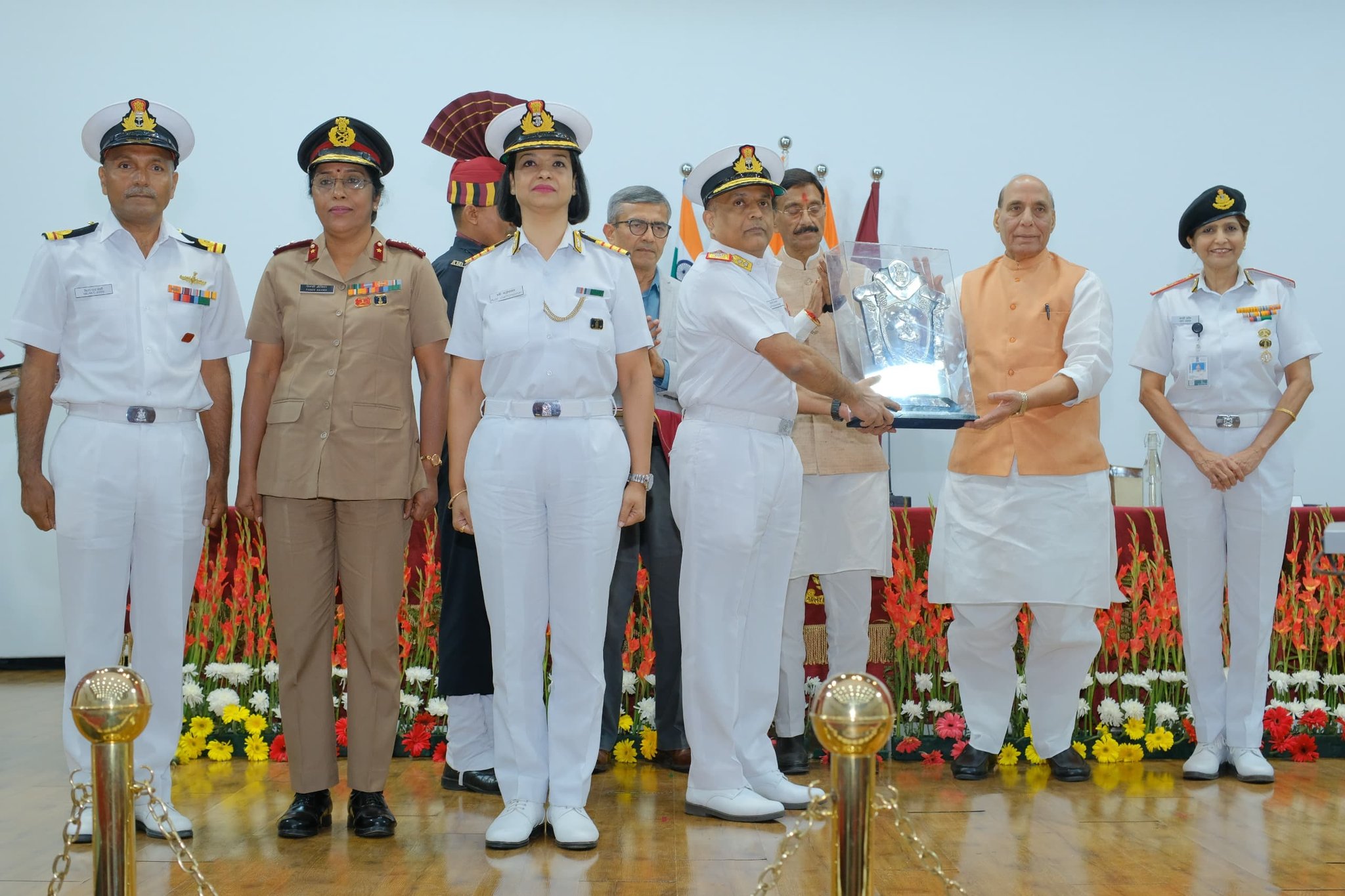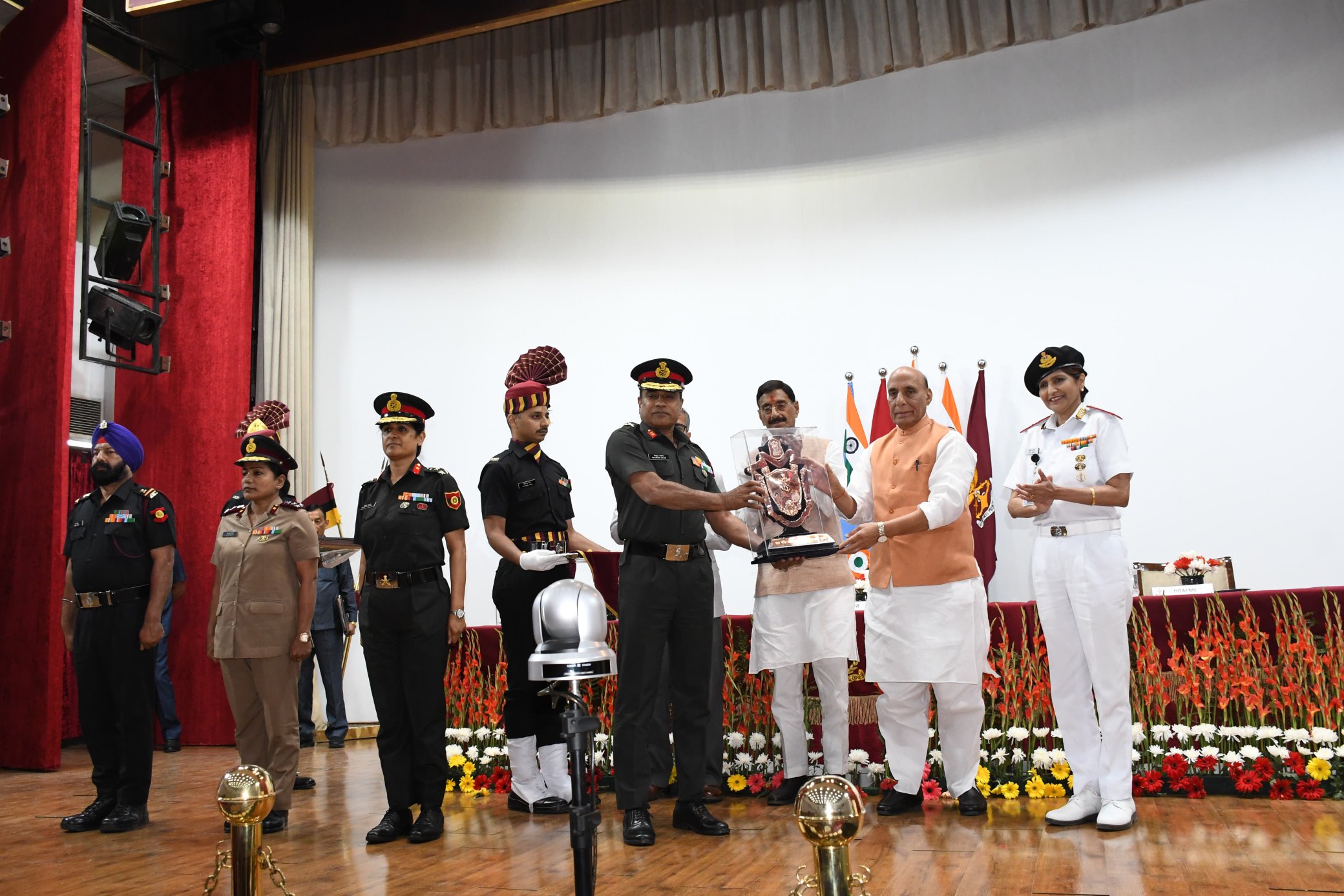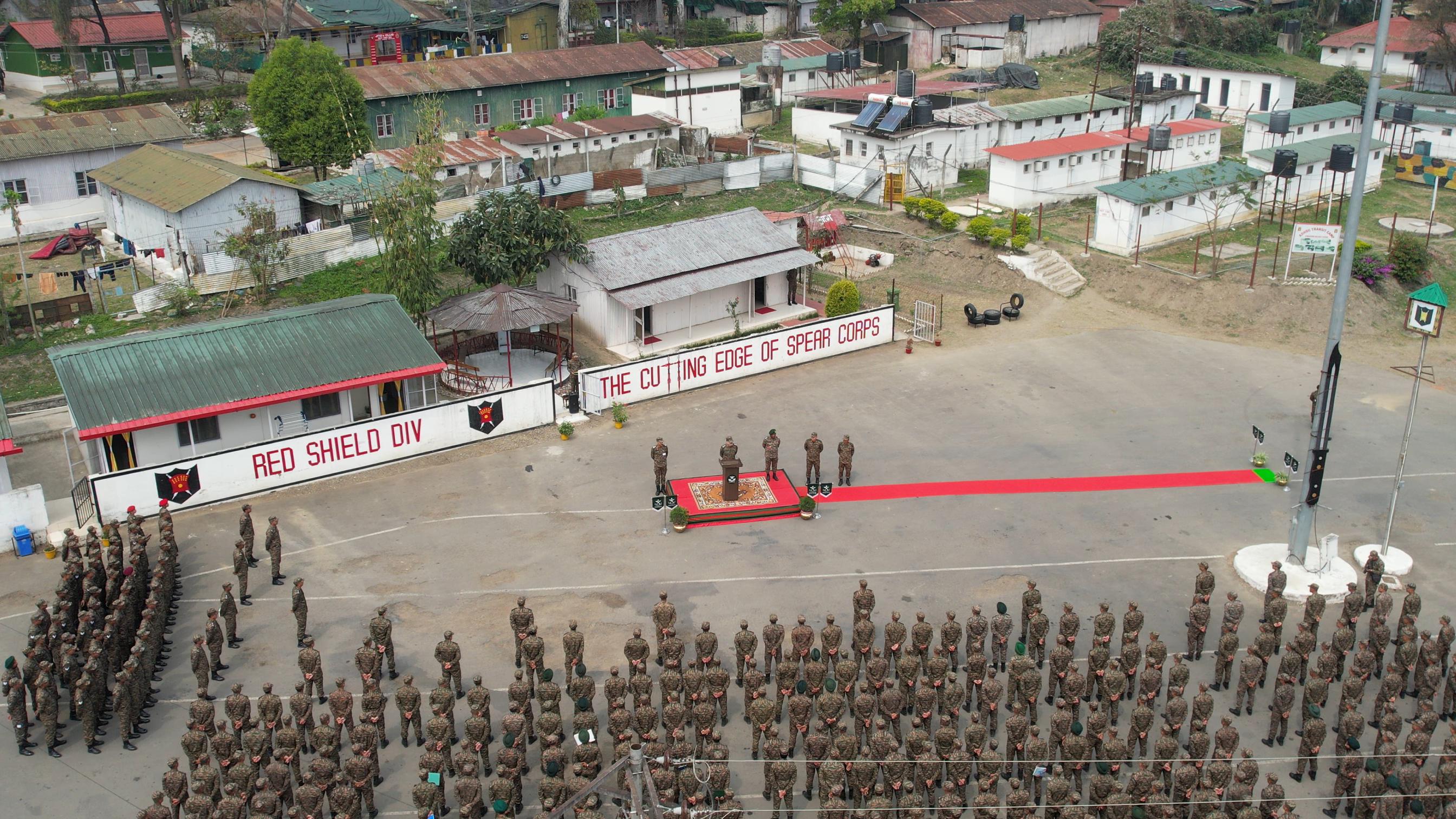Embarking on a journey to join the National Defence Academy (NDA), Indian Military Academy (IMA), Officers Training Academy (OTA), Air Force Academy (AFA), or Indian Naval Academy (INA) is a significant decision that requires careful consideration.
This path is not merely a career choice; it’s a commitment to serve the nation and uphold its values. As you prepare for this rigorous journey, there are several essential aspects to understand that will help you navigate the challenges ahead.
Here are eight crucial things to know before you take this monumental step.
1. Understanding the Commitment
A Life of Sacrifice
Joining the armed forces is not just a job; it’s a lifelong commitment to service. You must be ready to embrace a lifestyle that prioritizes duty over personal desires. The training academies instill a sense of responsibility that transforms your perspective on life.
- Long Hours: Expect to dedicate long hours to training and discipline.
- Family Time: Your interactions with family will be limited, especially during your training period.
The Transition from Civilian to Military Life
The shift from civilian life to military life can be jarring. You will be required to adapt quickly to a new environment where discipline and respect for hierarchy are paramount.
- Initial Adjustment: The first few weeks can be overwhelming as you acclimate to the rigorous routines.
- Camaraderie: Building strong bonds with your peers will be essential for your emotional support.
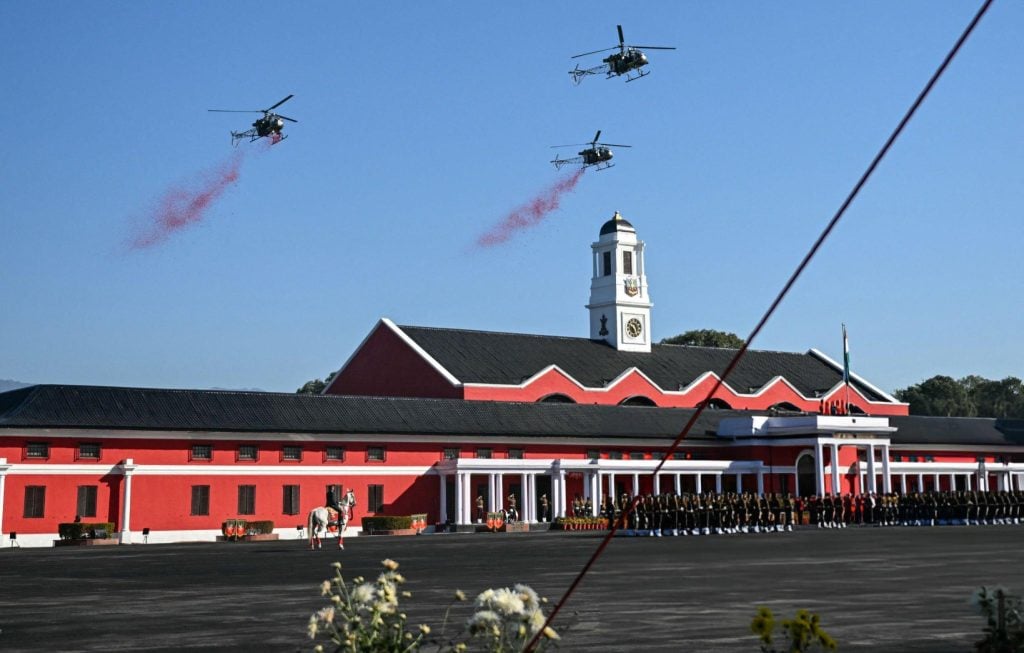
2. Physical Training is Paramount
Embrace the Challenge
Physical fitness is the cornerstone of military training. From the moment you step into the academy, you will be subjected to stringent physical training regimens designed to push your limits.
- Daily Regimen: Prepare for daily physical training sessions that include running, strength training, and drills.
- Endurance: Your endurance will be tested, and it’s crucial to maintain a positive mindset.
Mental Toughness
Physical strength is complemented by mental resilience. You will face challenges that test your resolve and determination.
- Self-Motivation: Cultivating self-motivation will be key to overcoming obstacles.
- Stress Management: Learning to manage stress effectively will help you thrive in high-pressure situations.
📚Must Order Now: 👉 SSB Interview Books Power Pack: 4 Essential Books for Defence Aspirants
3. The Importance of Discipline
Adhering to Rules and Regulations
Discipline is not merely encouraged; it is expected. The military operates under a strict set of rules that govern every aspect of life within the academy.
- Obedience to Orders: Following orders without question is a fundamental principle that ensures safety and efficiency.
- Consequences of Non-Compliance: Understand that failure to comply with regulations can have serious repercussions, both personally and for your unit.
Personal Accountability
In the military, you are responsible for your actions. This accountability extends to your peers, as teamwork is vital for success.
- Building Trust: Earning the trust of your comrades through reliability and integrity is essential.
- Leadership Development: You will be given opportunities to lead, which will require you to be accountable for your decisions.
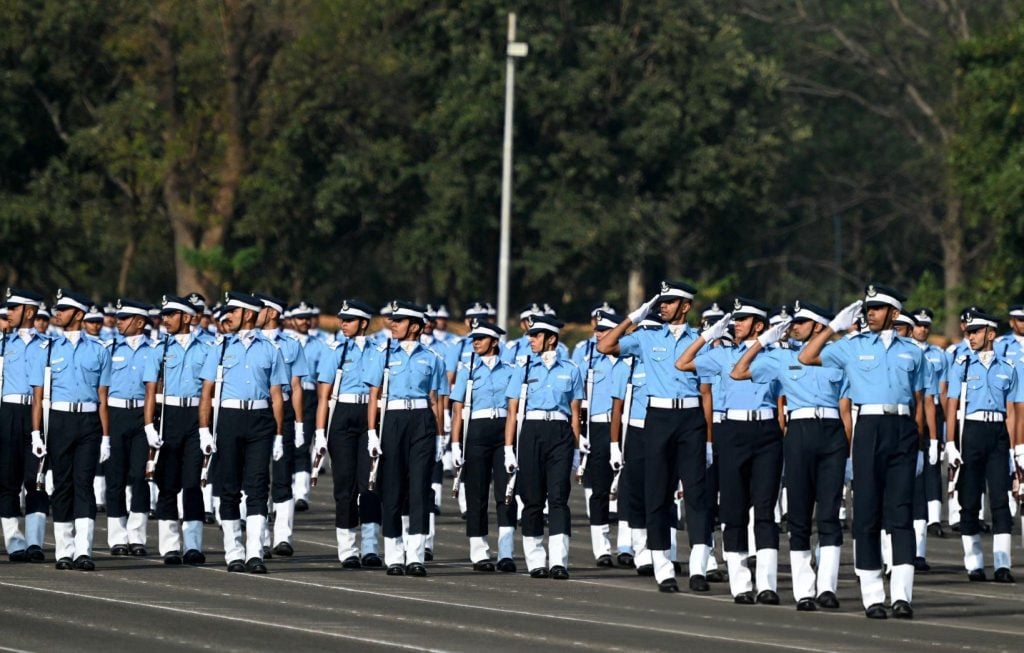
4. Limited Personal Freedoms
Adjusting to Military Life
Once you enter the academy, many of the freedoms you are accustomed to will be curtailed. You will be expected to adhere to a structured lifestyle that leaves little room for personal choices.
- Leave Restrictions: Opportunities to go home will be limited, typically only during scheduled breaks.
- Communication Limitations: Communication with the outside world may also be restricted, fostering a sense of unity among cadets.
Embracing the Change
While this may seem daunting, many find that the structured environment fosters personal growth and development.
- Focus on Training: The lack of distractions allows you to concentrate on your training and development.
- Creating New Bonds: The shared experience with fellow cadets can lead to lifelong friendships.
5. Building Strong Relationships
The Power of Camaraderie
The relationships you cultivate during your training will be invaluable. The bonds formed in the academy are often stronger than those developed in civilian life.
- Shared Experiences: Overcoming challenges together fosters deep connections.
- Support System: Your peers will become your support system, helping each other through tough times.
Navigating Hierarchies
Understanding the military hierarchy is crucial for your success. Respecting your superiors and learning from their experiences will enhance your training.
- Mentorship: Seek guidance from experienced officers who can provide insights and advice.
- Peer Relationships: Balance respect for authority with camaraderie among peers.
6. The Rigorous Academic Environment
Balancing Studies and Training
In addition to physical training, you will also be required to excel academically. The curriculum is designed to prepare you for the challenges of military service.
- Comprehensive Subjects: Expect to study a range of subjects, from military tactics to leadership principles.
- Time Management: Developing effective time management skills is essential to balance both academic and physical demands.
Continuous Learning
The learning process does not end with graduation. The military emphasizes lifelong learning, and you will be expected to continually improve your skills and knowledge.
- Further Education: Opportunities for further education and specialized training will arise throughout your career.
- Adaptability: Being open to new learning experiences will enhance your effectiveness as a military leader.
7. Emotional Resilience
Coping with Challenges
The journey through military training is undoubtedly challenging. Developing emotional resilience will help you cope with the stress and pressures of the environment.
- Mental Health Awareness: Be mindful of your mental health and seek support when needed.
- Stress Relief Techniques: Engaging in stress relief activities, such as physical exercise or meditation, can be beneficial.
Building a Support Network
Establishing a network of support among your peers and mentors will be crucial for your emotional well-being.
- Open Communication: Encourage open dialogue about challenges and experiences.
- Peer Support Groups: Consider forming or joining support groups to share experiences and coping strategies.
8. Preparing for the Future
Career Opportunities
A career in the military opens doors to numerous opportunities. Understanding the various roles available will help you align your aspirations with your training.
- Diverse Specializations: The military offers a wide range of specializations, from combat roles to technical positions.
- Post-Service Opportunities: Many veterans find rewarding careers in civilian life after serving, utilizing the skills they developed during their service.
Setting Goals
Establishing clear goals for your military career will provide you with direction and motivation.
- Short-Term vs. Long-Term Goals: Differentiate between immediate objectives and long-term aspirations for your military journey.
- Regular Assessments: Periodically assess your progress and adjust your goals as needed.
Also Read: 14 Things You Should Know Before You Join the Armed Forces
Conclusion
The journey to join the NDA, IMA, OTA, AFA, or INA is filled with challenges, sacrifices, and immense rewards. Understanding the commitment, embracing physical training, adhering to discipline, and building strong relationships are all essential components of this path.
As you prepare for this transformative experience, remember that every challenge you face is an opportunity for growth.
With determination, resilience, and a clear sense of purpose, you will be well-equipped to navigate the complexities of military life and emerge as a capable leader ready to serve your nation.

